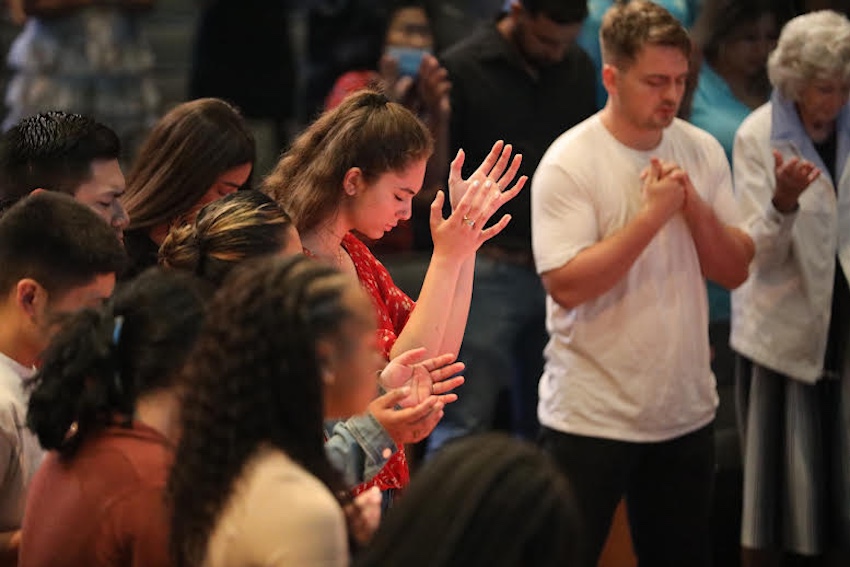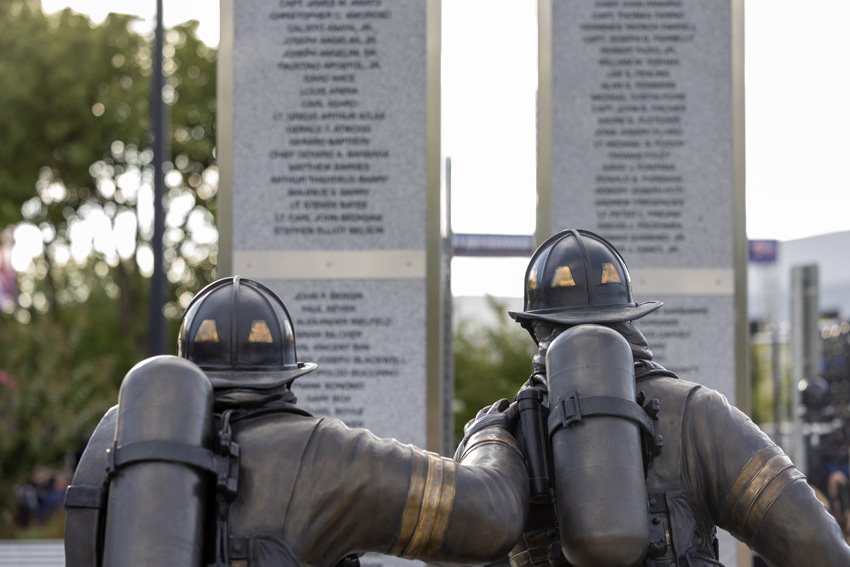Honor students often set themselves apart from the rest to better prepare themselves for a college future as expectations in thinking, discussion and writing are prioritized.
Algebra I honors teacher, Josh Tosland, believes academic success mirrors the passion and vision a student has for a particular class.
“This is my first year teaching honors, but I would definitely say that about 10 out of 10 students would succeed in my honors classes,” Tosland said. “They may not end the class with the greatest grade, but I assure you that they have learned to prioritize, organize and manage time more efficiently. To have learned and end with a bad grade is much better then to have passed and have learned nothing.”
Often honors classes are smaller, allowing students more individual attention from their teachers. Teachers may lecture but may require more independent learning. Instead, honors classes focus on class interaction and discussion.
According to vice principal Jon Endicott, good grades mean little to a prospective college student unless that student has learned something while earning that grade. Eventually a student’s learning will outstrip the grade on a report card Endicott said.
“Taking an honors course adds an extra point to your GPA,” Endicott said. “But even with the extra point, most students fear that taking an honors course will hurt their grade. However, a college would rather see a low grade in an honors class compared to a good grade in a regular class. Students need to be prepared. They don’t want a student to just get by.”
Some students agree that the extra work completing higher thinking level assignments and spending more one-on-one time with a teacher is worth the extra effort.
“It is more work and I felt a bit reluctant to it at first, but it was well worth it,” Andrew Kaiser, ’05, said. “I know that I am learning what I need to know. Also the honors classes are smaller allowing me extra help. So, even though I have hard homework there are always great teachers behind me, supporting me.”
Honors classes offer different techniques in order for students to learn, giving them a chance to expand and better themselves.
“The techniques that the teachers use to make their classes more fun really help me to excel,” Ali Byrnes, ’07, said. “It seems that more time is left to work with teachers and willing friends. Everyone in the class is truly there to work and not fool around in class. So, as a result I get a lot more done. I want to apply what I learn.”
Honors classes create many advantages compared to a regular class. More quality time with teachers may prove to be an advantage for college, according to English teacher Molly Sargent.
“The honors course I give is much different compared to my regular classes,” Sargent said. “It’s more accelerated and much more volumized allowing a much more accurate understanding for college. Our motto is more books in a smaller time period.”
For more information on honors classes for next year, see Endicott for class offerings, prerequisites and expectations or call 299-1695, ext. 5.
For more information on the benefits on honors classes in college, go online to Northeastern University’s web site at www.honors.neu.edu/.
Reviewing this section may pose questions and offer answers that students might find applicable even for high school honors classes. The university outlines their reasons for offering honors classes and help prospective students determine whether the classes are an appropriate fit.






